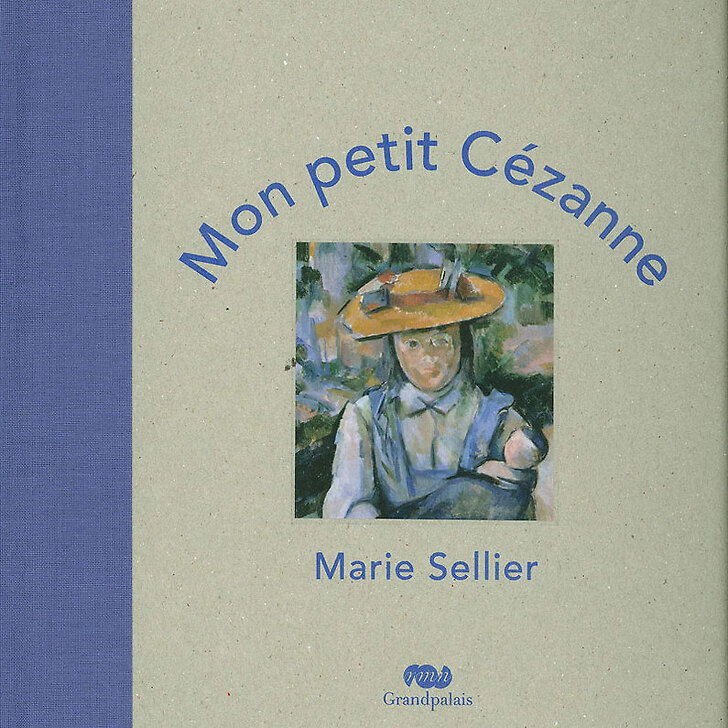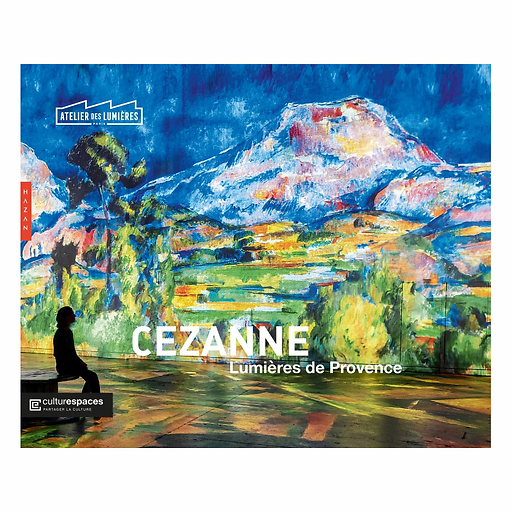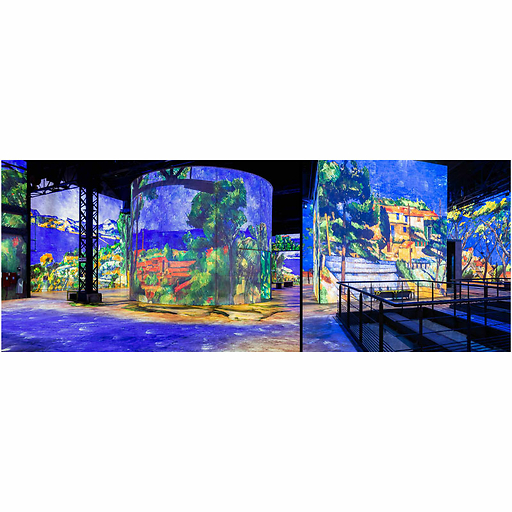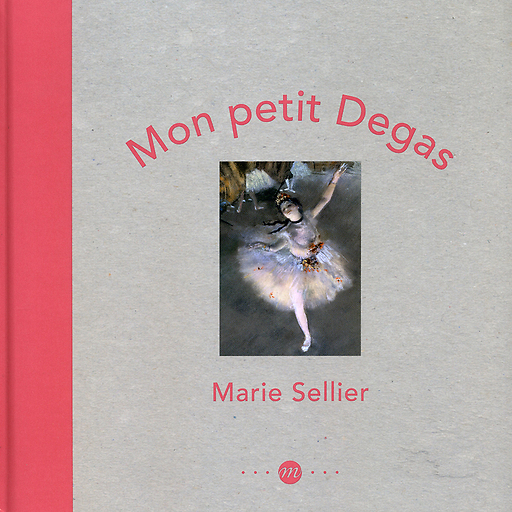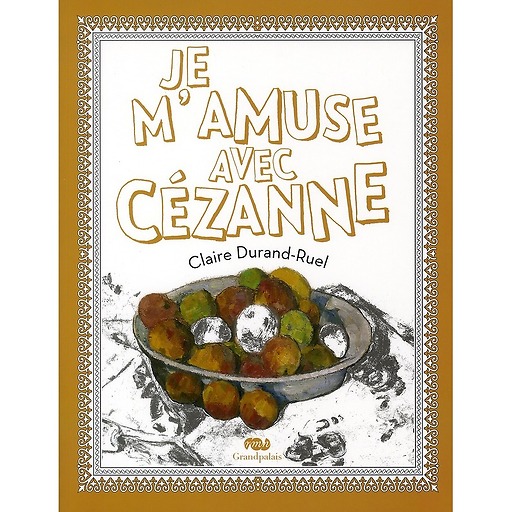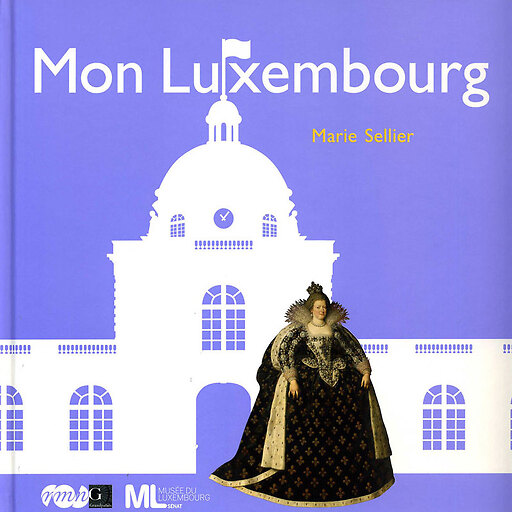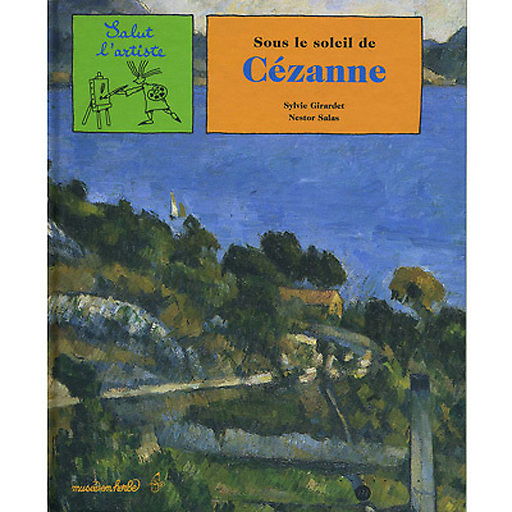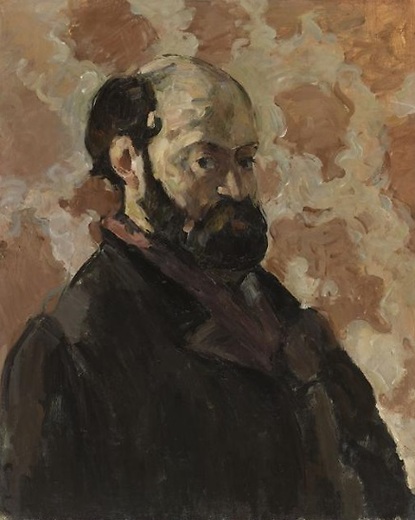French version
A colorful little monograph
In the wake of her "Autour des musées" collection, Marie Sellier inaugurates Mon petit Cézanne, a series of monographs on painters aimed at a young audience.
In eighteen works, she retraces the painter's career - his friendship with Zola, his path with the...
Read more
French version
A colorful little monograph
In the wake of her "Autour des musées" collection, Marie Sellier inaugurates Mon petit Cézanne, a series of monographs on painters aimed at a young audience.
In eighteen works, she retraces the painter's career - his friendship with Zola, his path with the Impressionists, his solitary retreat to Aix - and strives to give young readers a sense of Cézanne's passionate relationship with painting.
She tackles Cézanne's major themes - Mont Sainte-Victoire, bathers, still lifes - in small strokes, using detail to draw children into the paintings.
Ages 8 and up
Close

